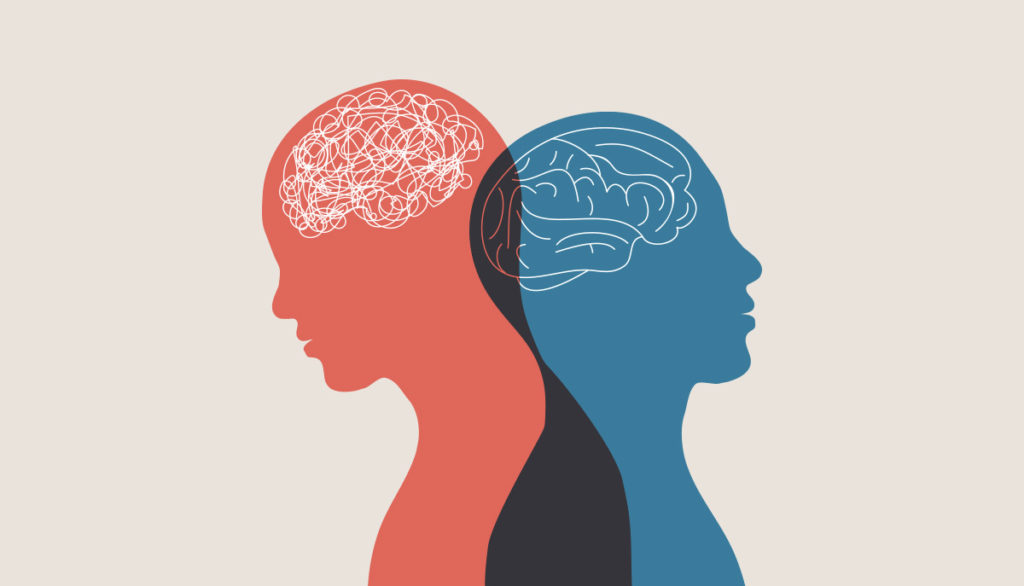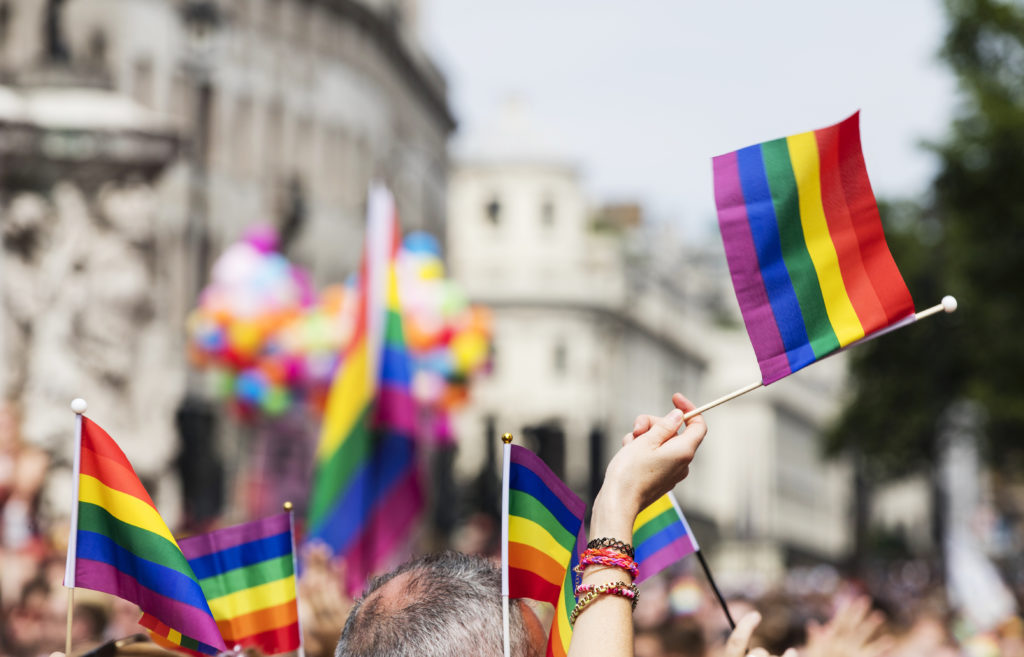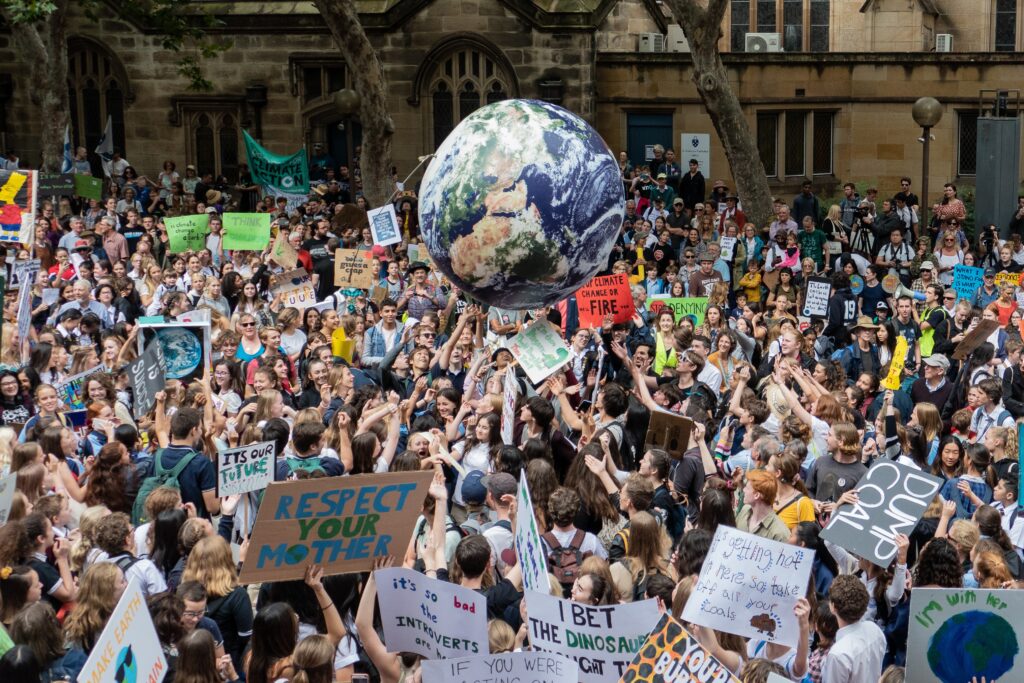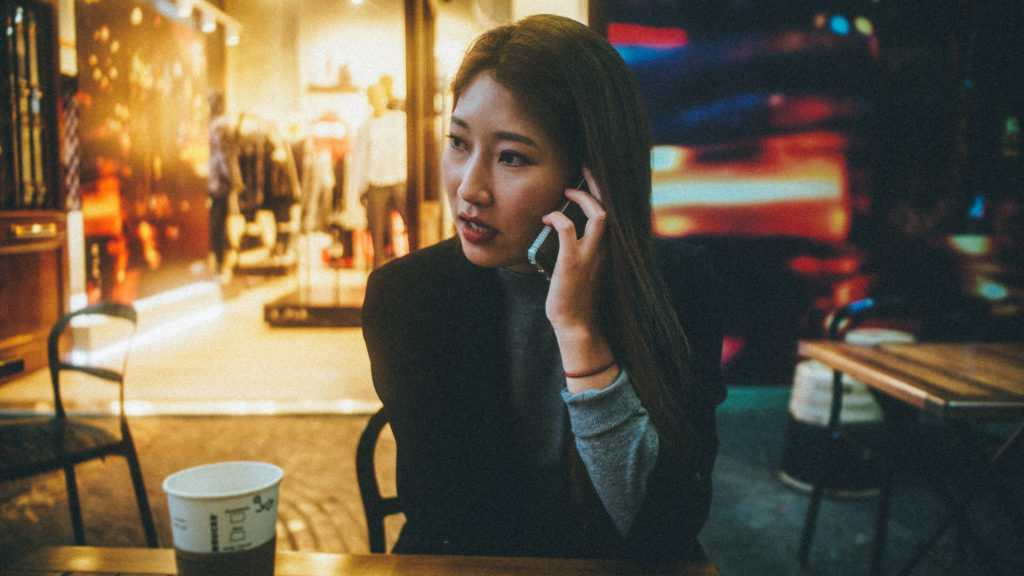Responding to underreported sexual violence on Australian university campuses, over 40 groups and individuals are urging the federal government to take action.
Despite the alarming National Student Safety Survey 2021 findings, showing an average of 275 students were sexually assaulted in university settings each week last year and 1 in 10 international students in Australia have experienced sexual harassment in a university setting, less than a third of universities openly report these incidents. The advocates, which include groups End Rape on Campus, Fair Agenda and the National Union of Students, are calling for an independent body to provide better guidance and hold universities accountable.
Reading these statistics may or may not be surprising to you. Whether someone has told you that they have been sexually harassed or assaulted, you have witnessed or heard of such an incident, or you’ve experienced it yourself, it can be hard to know what to do after.
Let us take you through what you need to know about sexual harassment and assault, and how to find support in Australia as an international student.
What can I do if I’m a victim of sexual harassment?
What can I do if I’m a victim of sexual assault?
Who can I speak to in my state or territory for help after sexual assault?
How to help someone who is sexually harassed or assaulted
What is sexual harassment?
The Australian Human Rights Commission (AHRC) defines sexual harassment as ‘any unwanted or unwelcome sexual behaviour, which makes a person feel offended, humiliated or intimidated.’ It can be physical, verbal, or conducted online through social media, email, or text. Sexual harassment is illegal in Australia.
For a full list of sexual harassment examples and more information, see the AHRC’s guide to identifying sexual harassment.
What can I do if I’m a victim of sexual harassment?
If you feel safe and comfortable enough to do so, tell the person that is harassing you that their behaviour is unwelcome and must stop.
Keep records of any harassment. For example, write down dates, locations, and keep any text messages or emails.
If the situation doesn’t stop or you don’t feel safe or comfortable enough to speak to the harasser directly, make a formal complaint with your institution or workplace through your supervisor, boss or human resources office.
If you are not satisfied with their response, and/or the behaviour is continuing, you can also make a complaint to the local police, your student or workers’ union, and/or the Australian Human Rights Commission.
What is sexual assault?
Sexual assault is any type of coerced or forced sexual behaviour or contact that occurs without your consent and makes you feel uncomfortable, threatened, or scared. It can happen to anyone, regardless of race, age, gender, religion, or sexual orientation. Sexual assault is a criminal offence.
For more information, see Reach Out’s What is sexual assault? article.
What can I do if I’m a victim of sexual assault?
First, it is important to remove yourself from any immediate danger. If you’re in immediate danger, call emergency services on 000. If you’re on campus grounds, call campus security.
Find a person who you feel comfortable talking to, such as a friend, family member, or counsellor. There are state and territory organisations that offer information and support for victims, and there may also be counsellors available at your university.
Specialist support is available from the National Sexual Assault, Domestic and Family Violence Counselling Service on 1800RESPECT (1800 737 732). For translating and interpreting services, national call 13 14 50 and ask them to contact 1800 RESPECT.
It is up to you whether or not you report the incident to the police or your institution, but it is encouraged.
You should also consider getting medical help from a hospital or healthcare centre as soon as possible after a sexual assault, where you will also likely be provided access to support services.
Who can I speak to in my state or territory for help after sexual assault?
If you are wondering where to find help or support after sexual assault, there are different services available to victims of sexual assault in each state and territory.
NSW: NSW Rape Crisis Counselling Service — 1800 424 017
VIC: Sexual Assault Crisis Line — 1800 806 292
SA: Yarrow Place Rape and Sexual Assault Service — (08) 8226 8787
WA: Sexual Assault Resource Centre — (08) 6458 1828
QLD: Sexual Assault Helpline — 1800 010 120
ACT: Canberra Rape Crisis Centre — 6247 2525
TAS: Sexual Assault Support Service — 1800 697 877
NT: Sexual Assault Referral Centre — (08) 8922 6472
You can find the complete guide at Reach Out’s Sexual Assault Services.
How to help someone who is sexually harassed or assaulted
If someone has told you that they have been sexually harassed or assaulted, or you have witnessed or heard of someone being sexually harassed or assaulted, there are a few key things to keep in mind.
It is important to be supportive of the victim, not to blame them. It’s also advisable to encourage them to seek help from support services.
It is equally important to respect the victim and their choices. There are many reasons why someone might not want to report a crime or seek help. While you should let them know about the support services available to them, if they decide not to take action, you must respect their wishes.
For more information on how to support victims of sexual harassment or assault, click here.





